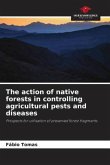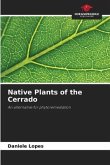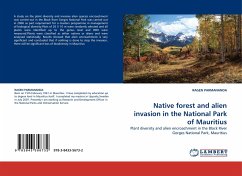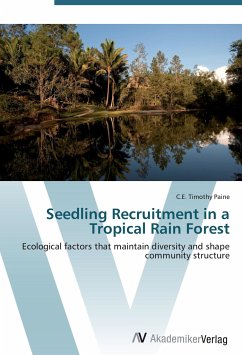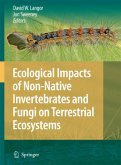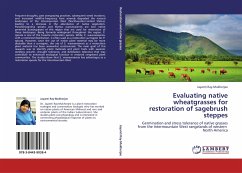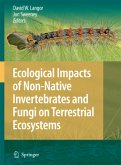Considering the total scarcity of technical and biological information on the use of hydrogel and fertilization in the production of seedlings and the urgent need to make forest recovery initiatives more precise and viable, the authors developed a study in a greenhouse located in Brasília-DF seeking to evaluate the effect of the Hydrogel Polymer incorporated into the substrate and nitrogen fertilization on the growth of seedlings of three native Cerrado tree species - Handroanthus ochraceus (Cham. ), popularly known as Ipê-amarelo Mattos, Handroanthus impetiginosus (Mart. ex DC.), Mattos, Ipê-roxo and Myracrodruon urundeuva, Aroeira. The Cerrado has an extreme abundance of endemic species and is suffering exceptional habitat loss. In this context, we recommend this book to professionals and students of Biological and Agricultural Sciences, as well as lovers of Brazilian flora and its applications who seek to conserve and restore the Cerrado biome through the production and propagation of its species.
Bitte wählen Sie Ihr Anliegen aus.
Rechnungen
Retourenschein anfordern
Bestellstatus
Storno


